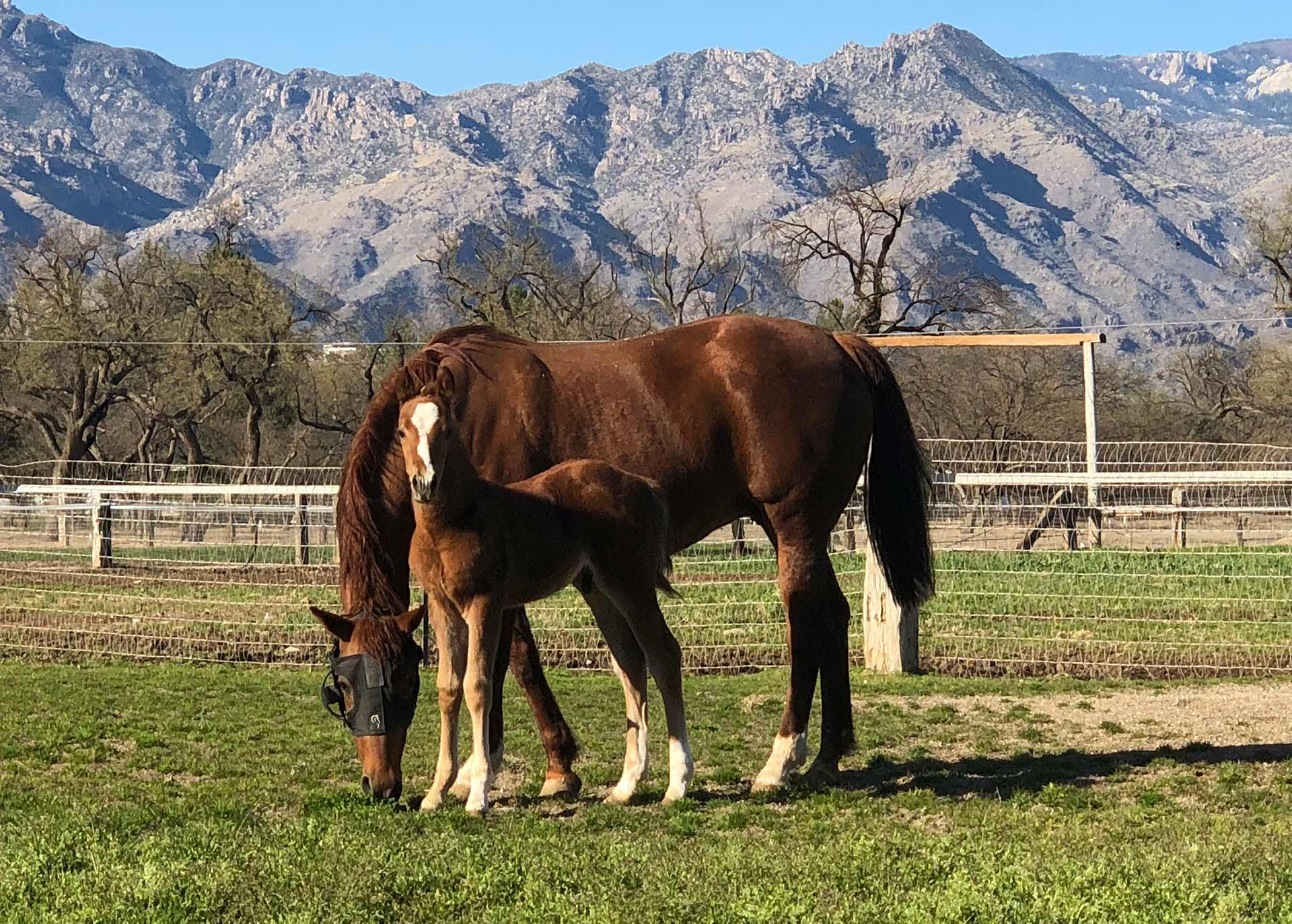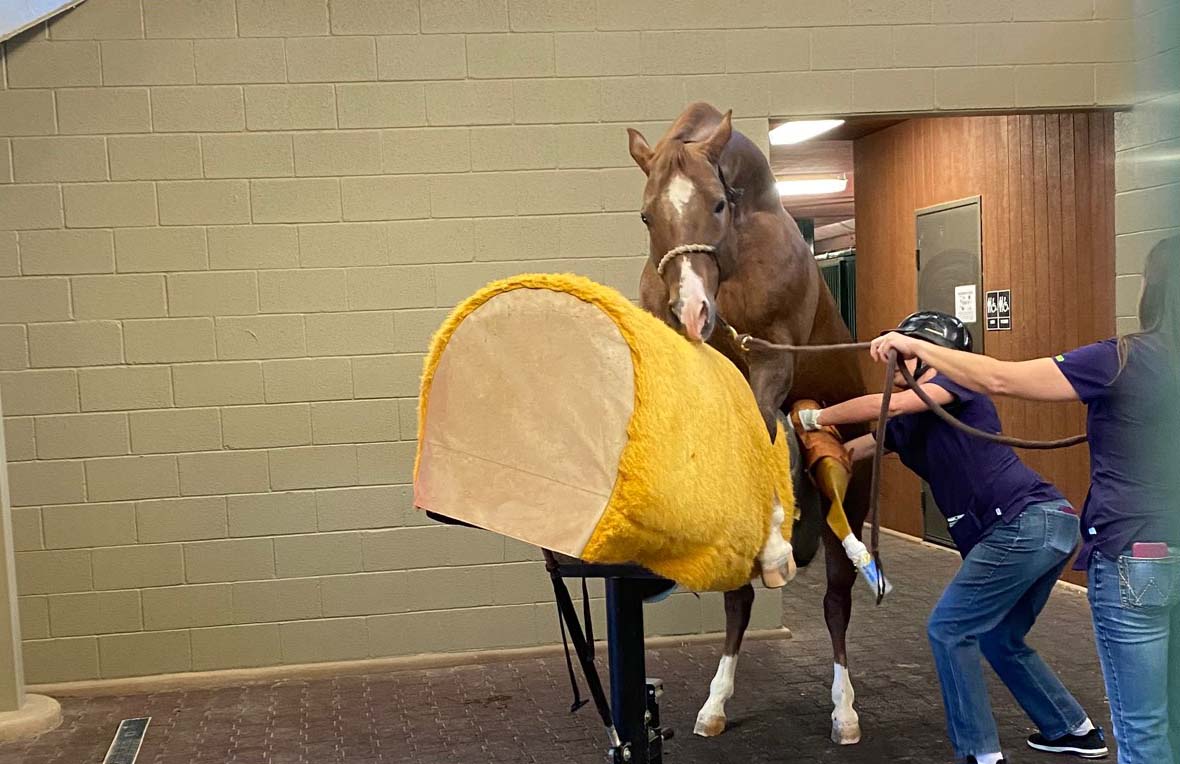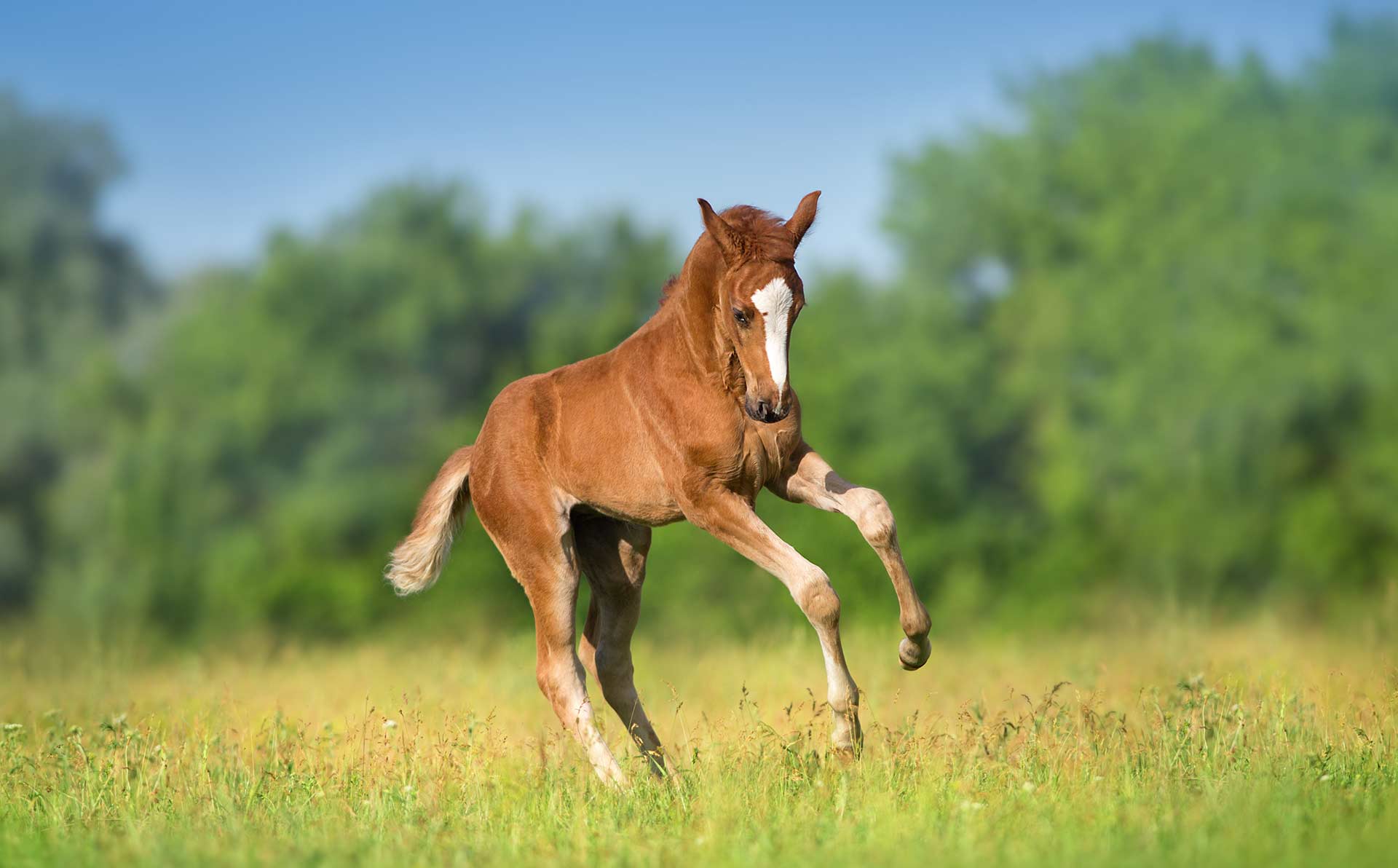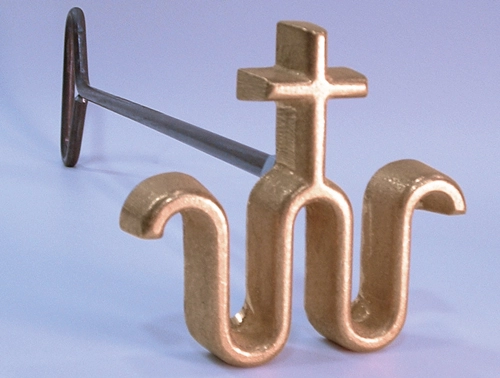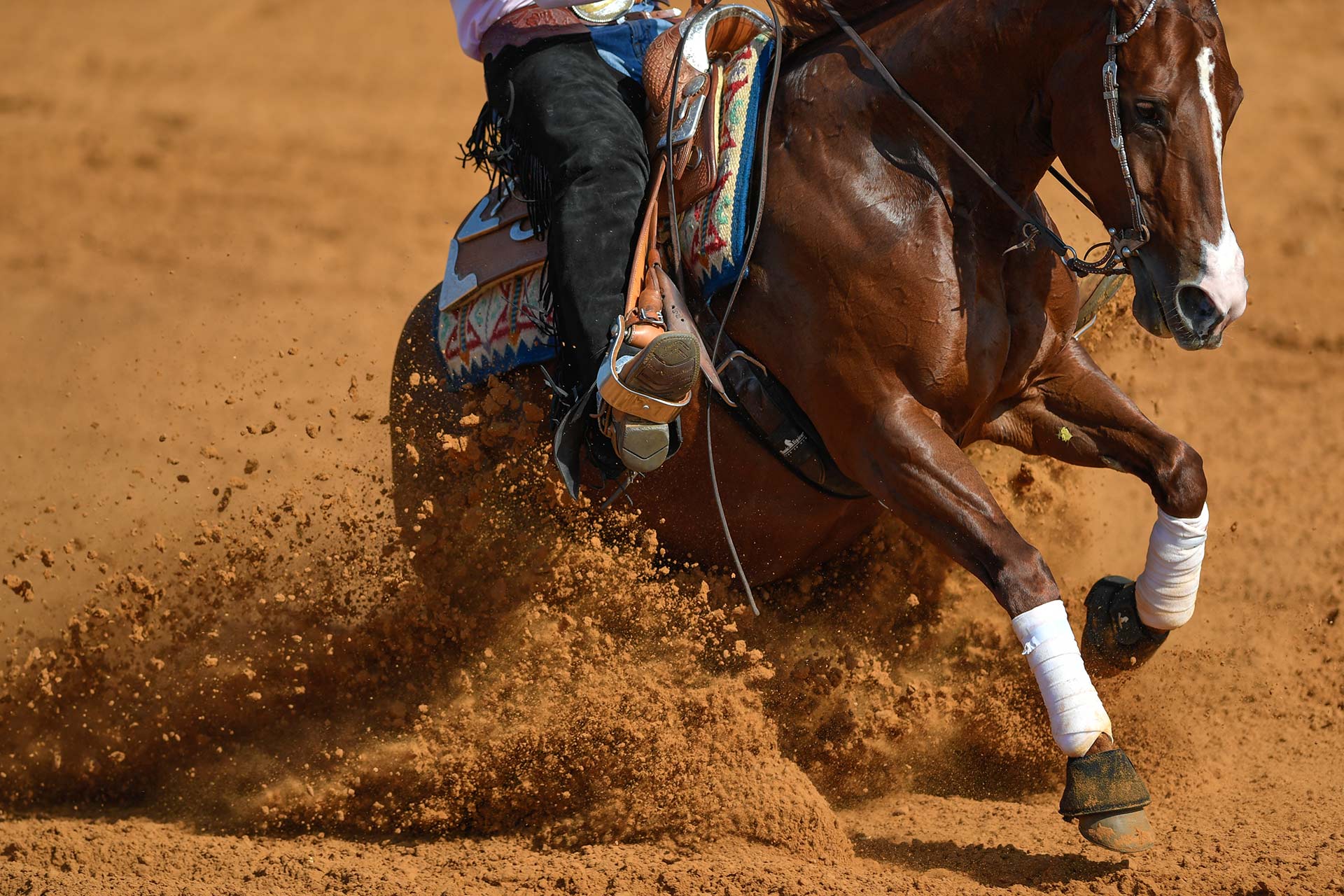Prior to foaling it is important to screen the mare for Neonatal Isoerythrolysis (NI), also known as “Jaundice Foal Disease”. An “NI Positive” mare is one that will produce antibodies in her colostrum that will attack the foal’s red blood cells once the foal has absorbed the antibodies. These antibodies were formed by the mare in response to exposure to a blood type different from her own. This can occur when there is leakage of foal’s blood from the placenta, usually during foaling, when a previous foal had a blood type the same as the stallion and not the mare. Because of this, mares that have had more than one foal are more likely to be at risk for being “NI Positive”, but it is also possible for a maiden mare, or first time foaling mare, to have formed antibodies against different blood types. This could have occurred if she had any type of blood contamination (e.g. blood transfusion, or IV injections with needles reused among different horses) earlier in life. A foal that nurses this “taunted” colostrum will be fine at first and then around 24 to 48 hours of life start getting weak. This weakness is a result of the lytic anemia as the foal’s newly acquired antibodies start destroying its own red blood cells. As the destroyed red blood cells start building up, the foal’s gums, sclera, and sometimes skin will take on a yellow or jaundiced look, thus where the name “Jaundice Foal Disease” comes from. A foal affected with this disease will require intensive veterinary care including, fluid and nutritional support, anti-inflammatories, and often blood transfusions. Even with medical care the prognosis is often poor to grave (i.e. the foal dies regardless) and it is much easier (and cheaper) to prevent the disease than try to treat it.
The NI Screen is easily performed by drawing blood from the mare into a red top tube at about 2-3 weeks prior to the mares due date, and/or after significant udder development. The blood is submitted to a veterinary lab where it is checked for any antibody reactivity against different blood types. If the mare is deemed “Positive” it is necessary to monitor the mare closely and when she foals, supplement the foal with frozen-thawed NI negative colostrum from a different mare source as well as keep the foal muzzled so it cannot nurse from its dame until all of her bad colostrum has been stripped from her udder. An average sized foal will need about 2 pints of NI Negative colostrum total in the first 12 hours of life. It is a good idea to discuss a plan with your veterinarian if you mare is tested “NI Positive” so that everything goes smoothly when the mare decides to foal at 3AM.




